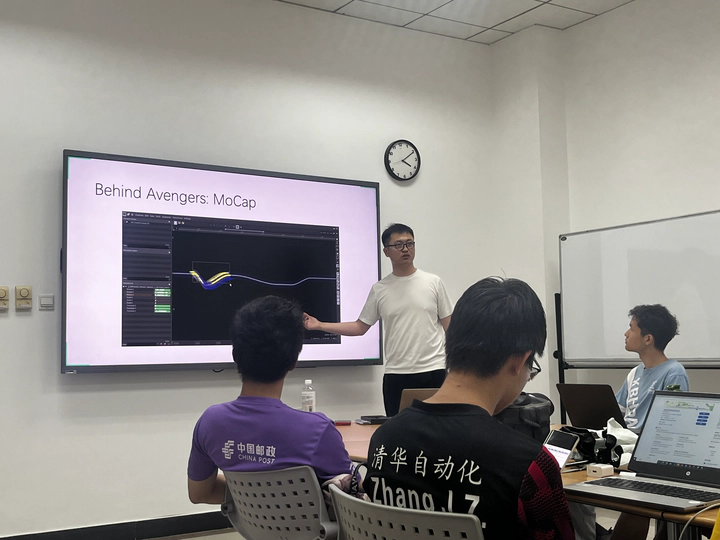Tips for a Research Career with Confidence and Enthusiasm

Overview
Generating human motions: What it is, how it is commonly done, and how it should be done
What does it feel like doing research in different envrionments

Speakers
Tengyu Liu is a researcher at Beijing Institute for General Artificial Intelligence. He obtained his PhD degree in computer science from UCLA in 2021 under the supervision of Prof. Song-Chun Zhu. Before that, he received his master’s degree in computer science from UCLA and bachelor’s degree in computer science from UIUC. His research interest lies in the intersection between 3D computer vision, computer graphics and robotics. His long term goal is to create intelligent agents that can interact with virtual or physical environments just like humans do. His recent works include generalizable dexterous grasping and dynamic and complex human object interactions.
Yixin Chen is a Research Scientist at Beijing Institute for General Artificial Intelligence (BIGAI). He received his M.S. and Ph.D. from University of California, Los Angeles (UCLA) advised by Professor Song-Chun Zhu. His research interests focus on computer vision and cognition, particularly in the areas of scene understanding, human-object interaction and social cue understanding.